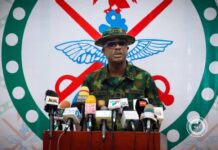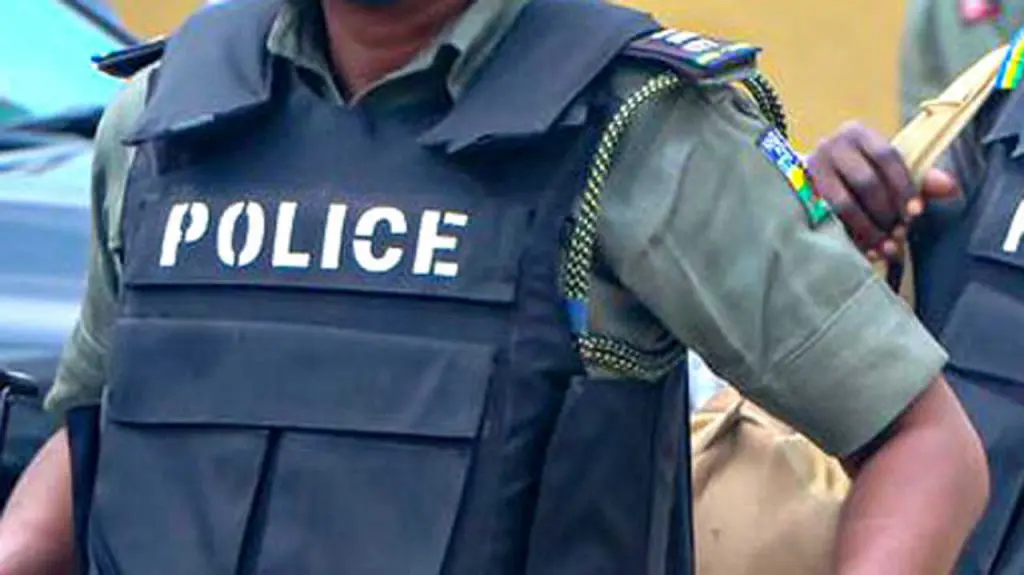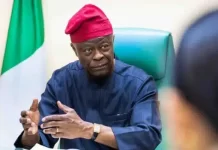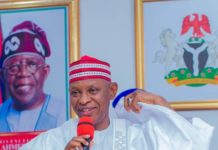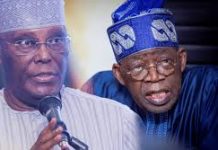Kano State Government has debunked reports that its students scheduled to write the 2022 Senior School Certificate Examination (SSCE) were not allowed to participate in the exam over the government’s indebtedness to the National Examination Council (NECO).
Several reports had indicated that the examination body had insisted that unless the state government redeemed a substantial part of its debt, students in the state may not be allowed to participate in the examination.
But the state Commissioner of Information, Muhammad Garba told our correspondent on Monday that it was not true that the state government was indebted to the sum of N1.5billion and that Kano State students were not allowed to sit for exams, saying modalities of payment have already been agreed for the over 29,000 students it sponsored.
“What is happening today (Monday) is test interpretation which is for the teachers across the country to come up with modalities on how the practicals will be done and our teachers are involved in this test interpretation exercise which will last for about a week after which the practicals will start.
“On the issue of debt, for the past years we have been indebted to NECO to the sum of N544 million and based on agreement, we are paying in batches and we have paid about N200 million and the existing amount of money (for 2022 exams) to be paid is about N537.5 million and this amount is supposed to be paid after the exams before the release of the results,” he said.
He said adding the outstanding to the current debt will put the total indebtedness of the state to about N800 million, out of which over N300 million has already been approved for payment.
The commissioner, who said the state government is committed to ensuring the prompt payment of this outstanding, added that the current debt was for the sponsorship of over 29,000 students by the government for the examination.
He said, “Government is committed to pay for 15,313 students that had 9 credits from its qualifying examination; 1,018 students living with disabilities, as well as 7,300 for Special Intervention which is basically for Girl Child Education, and local government councils paid for 5,400 students bringing the total number of students sponsored by the government to 29,031 apart from thousands that were also sponsored by individuals like lawmakers, commissioners and philanthropists.”










